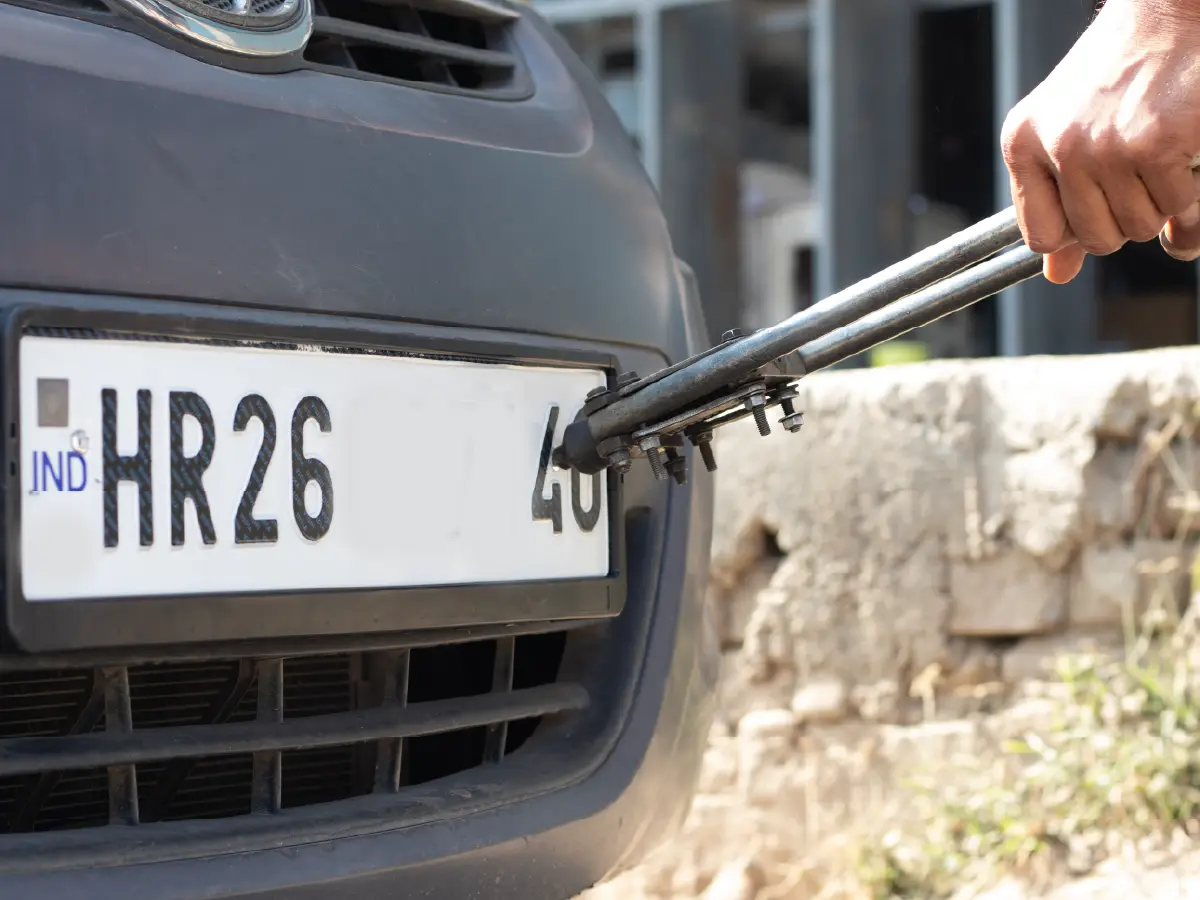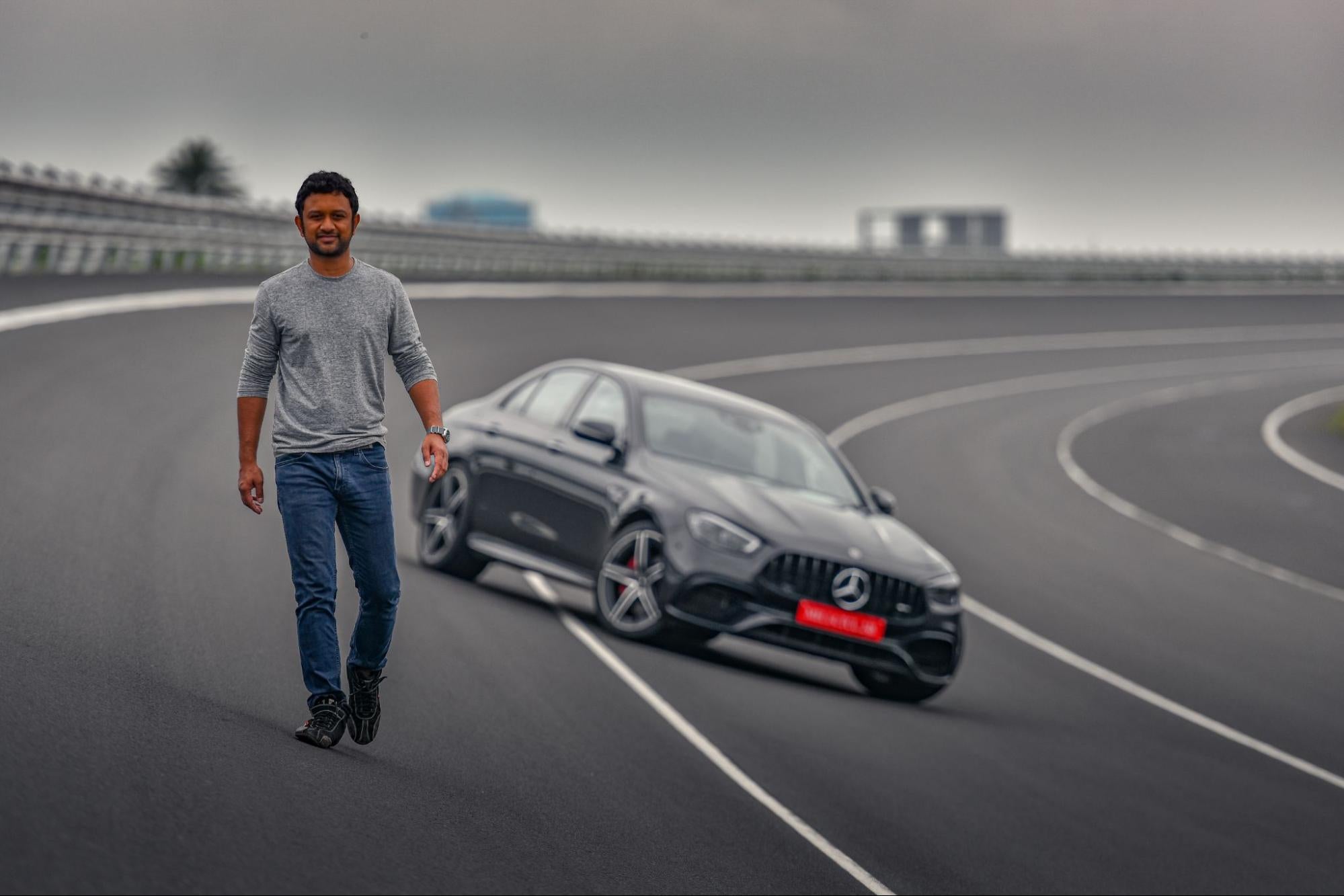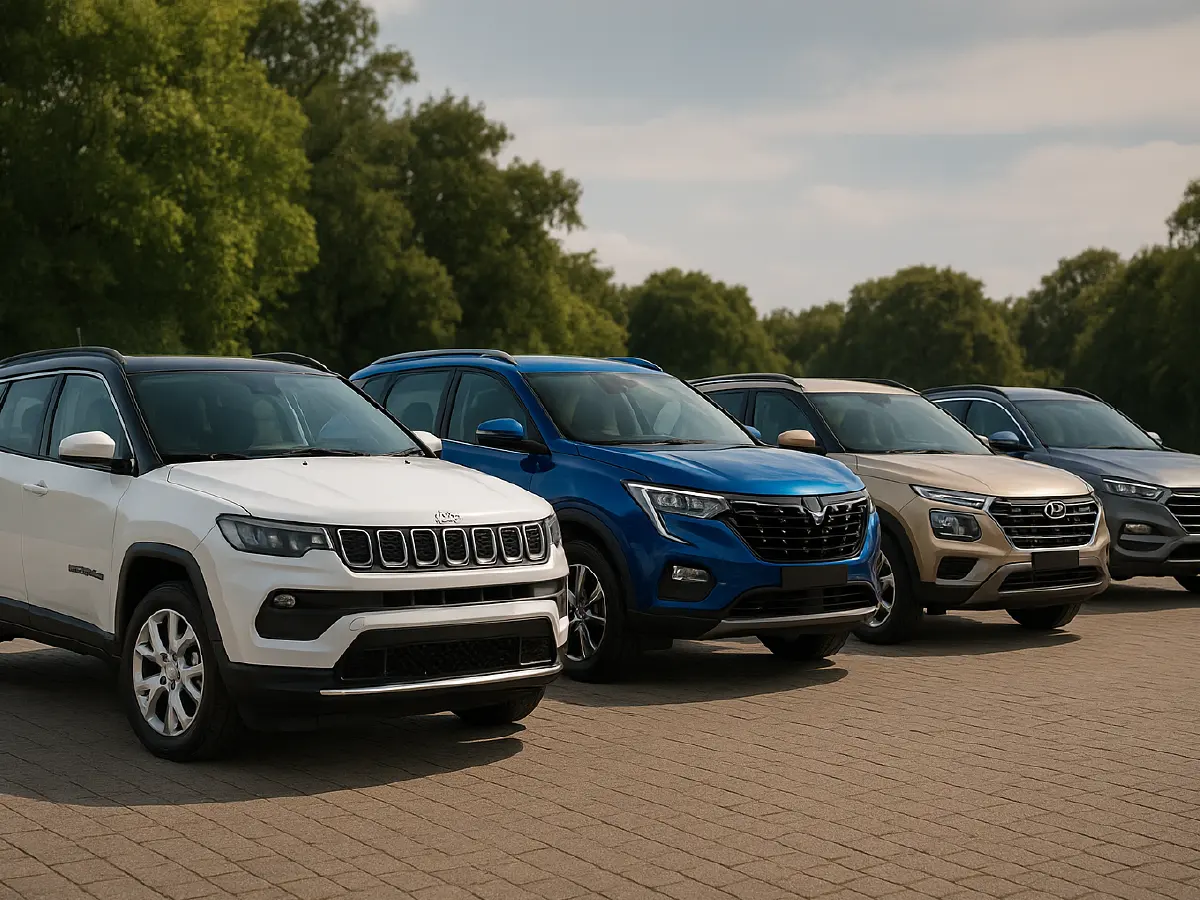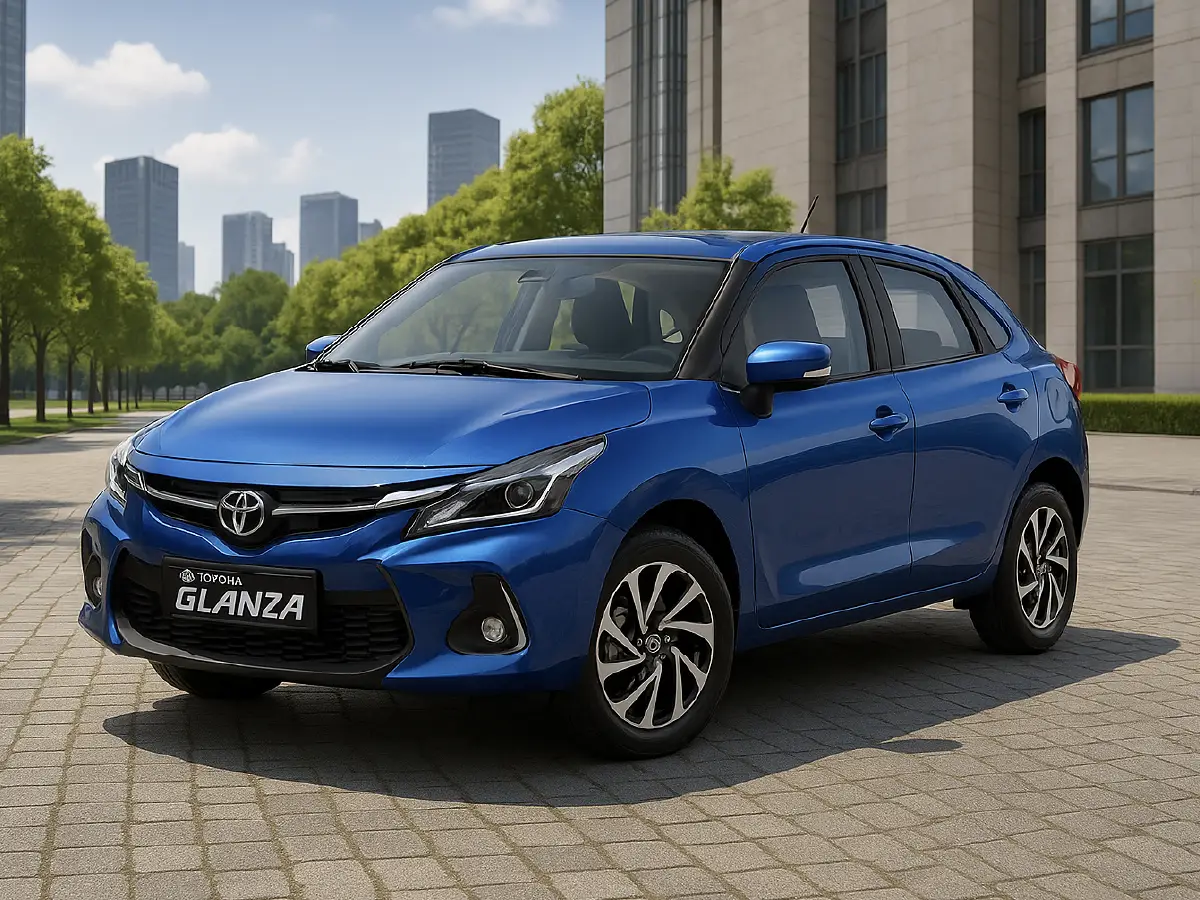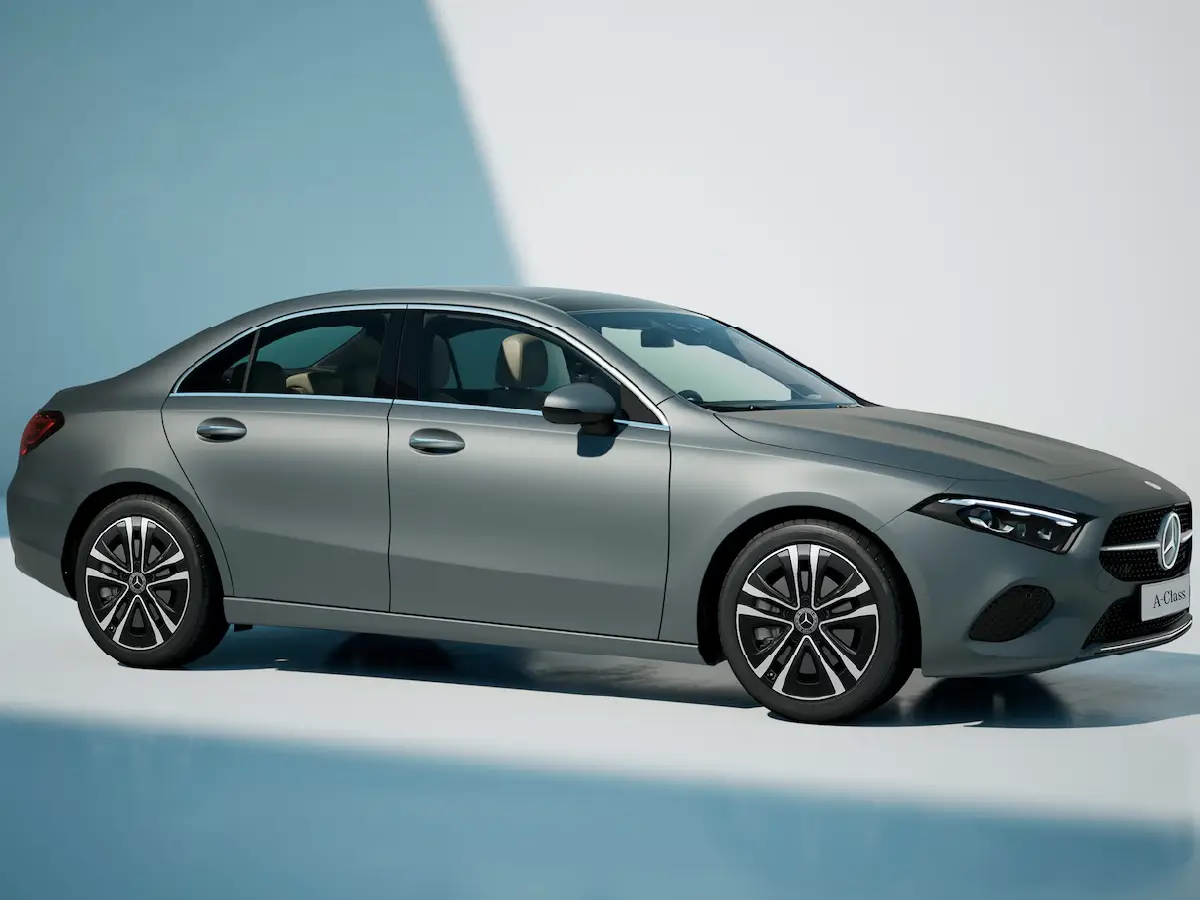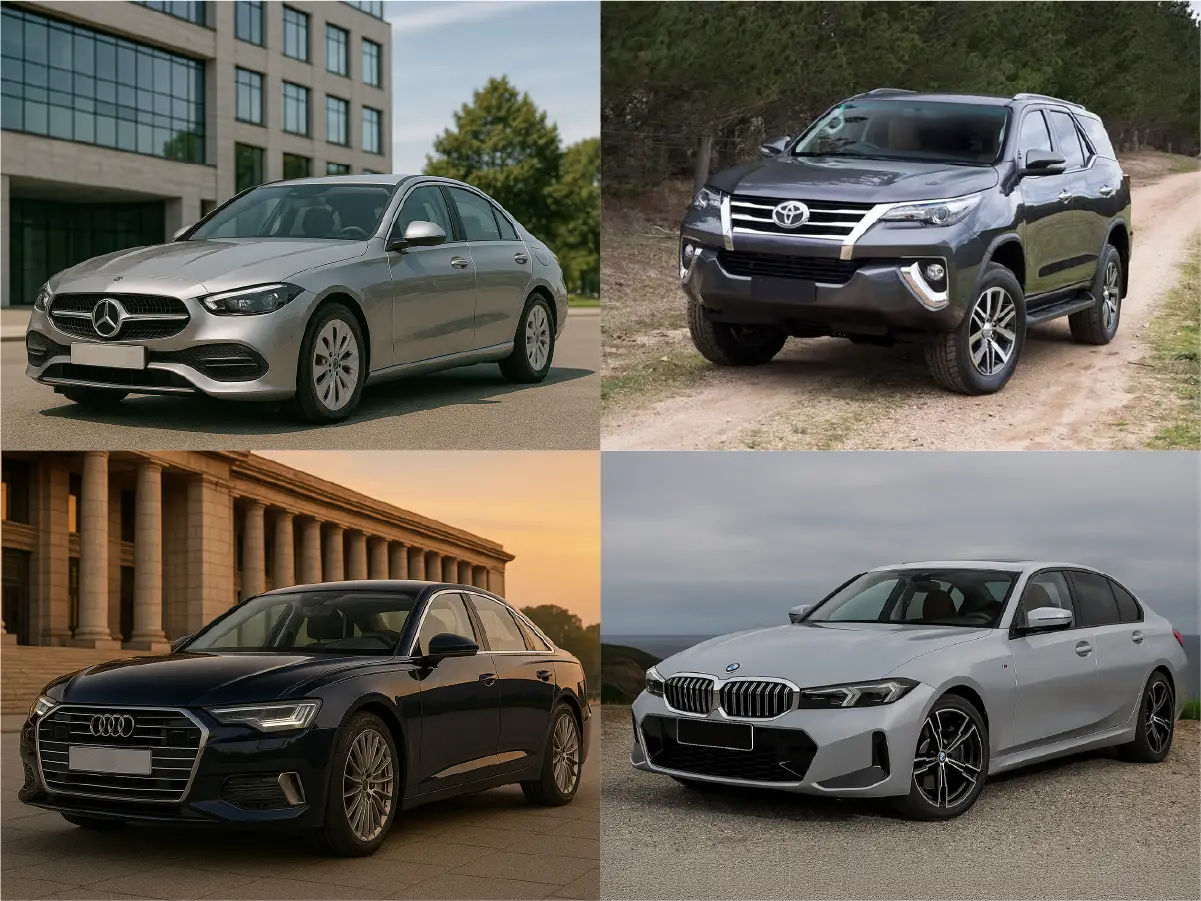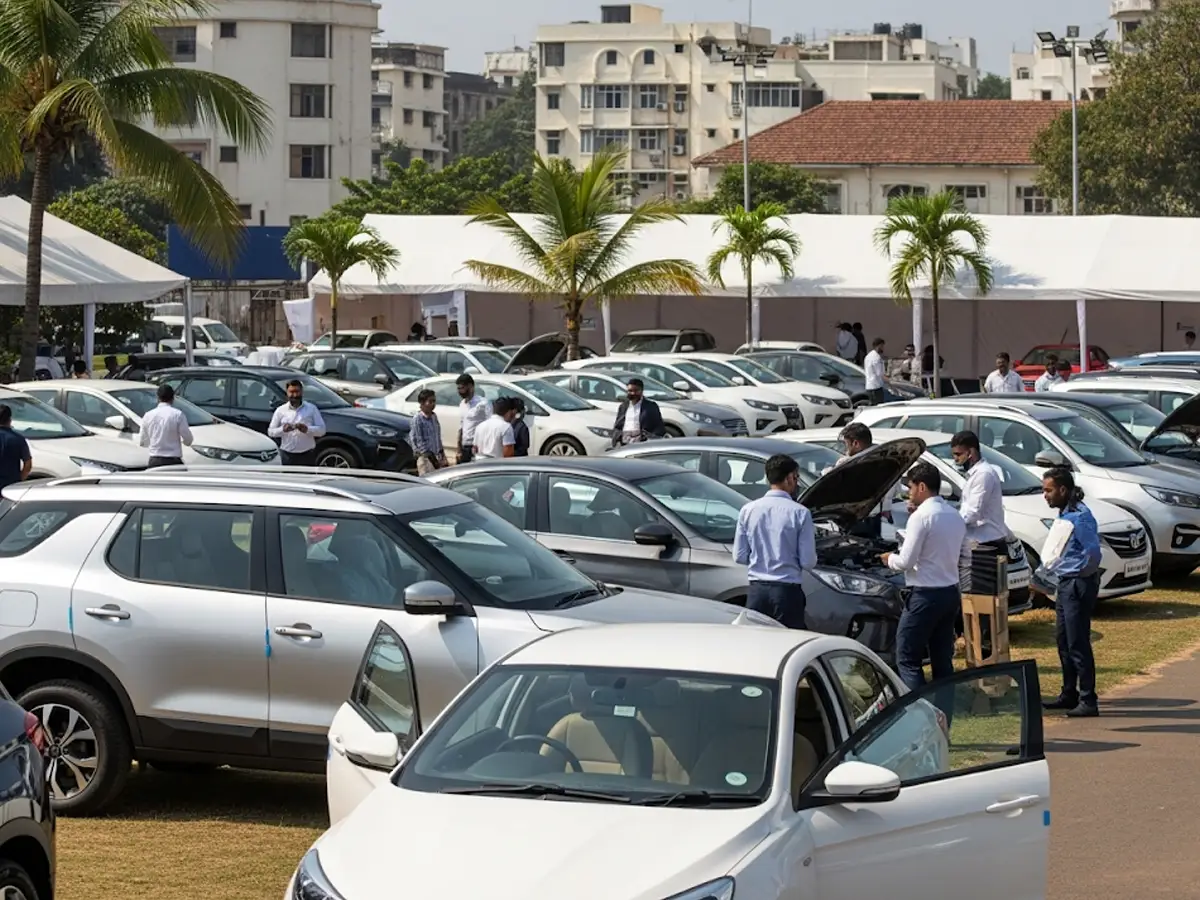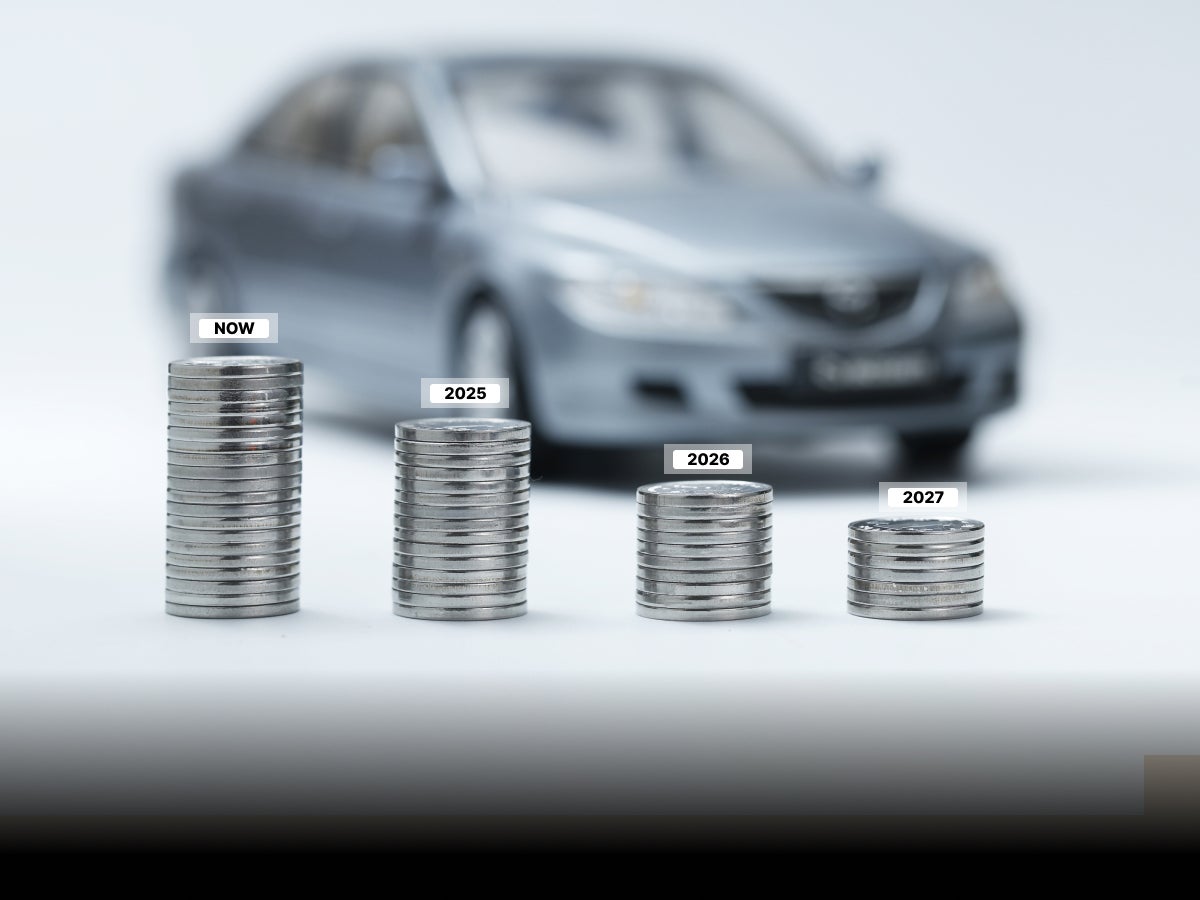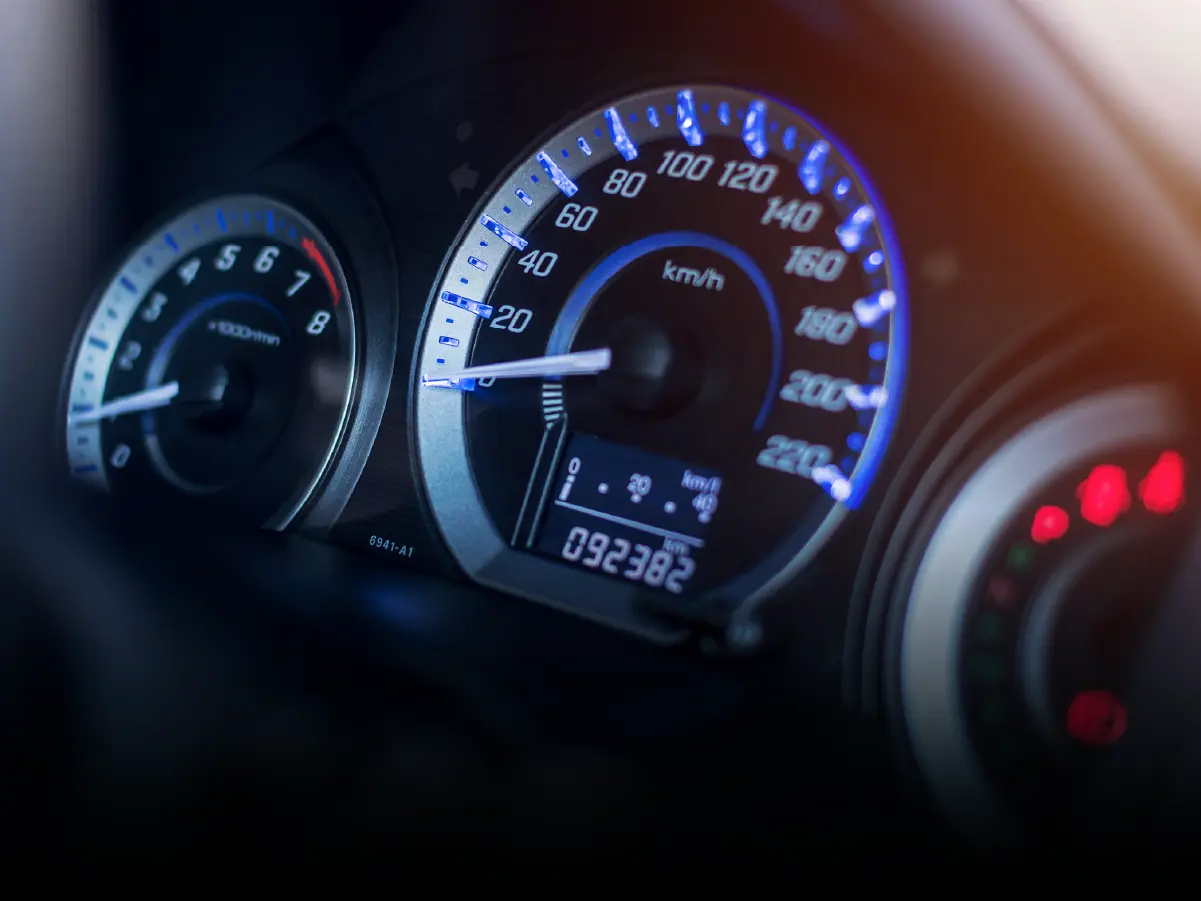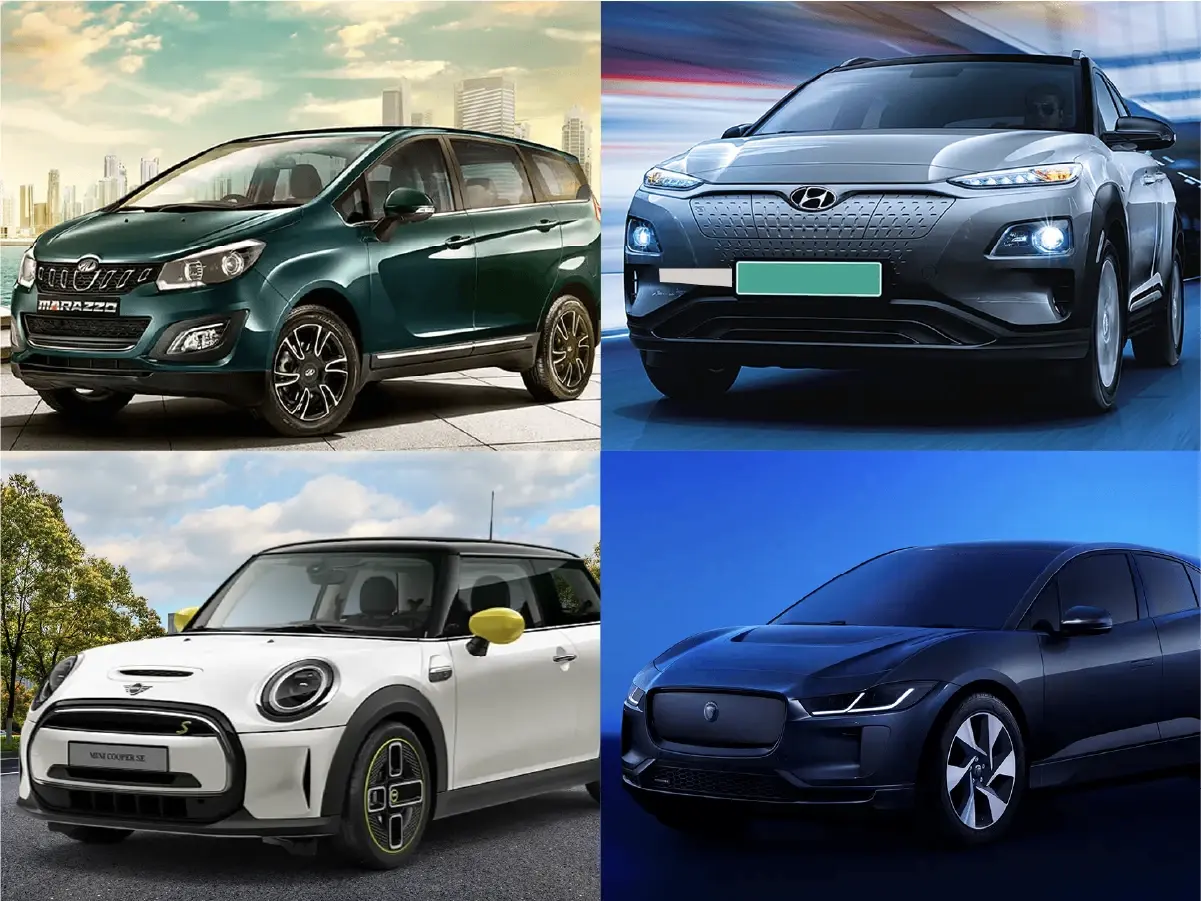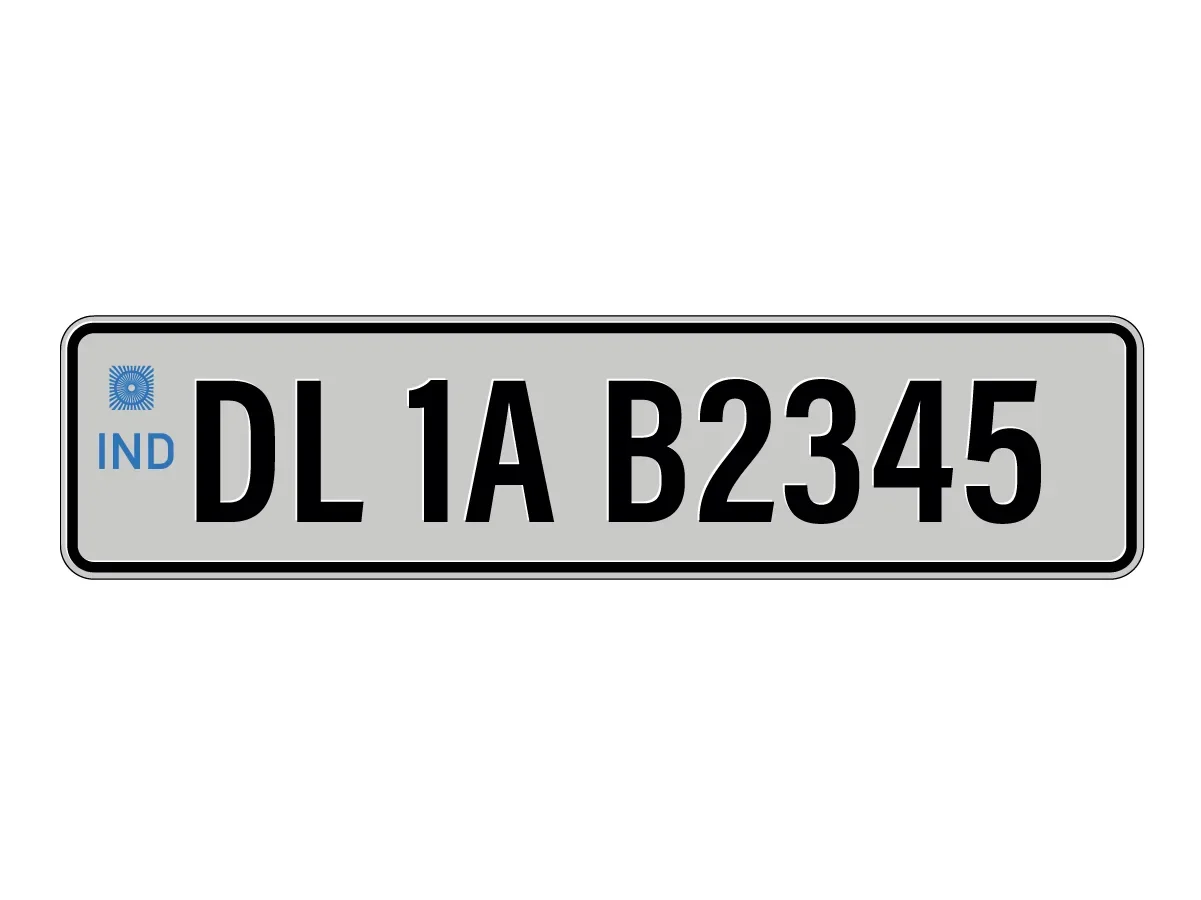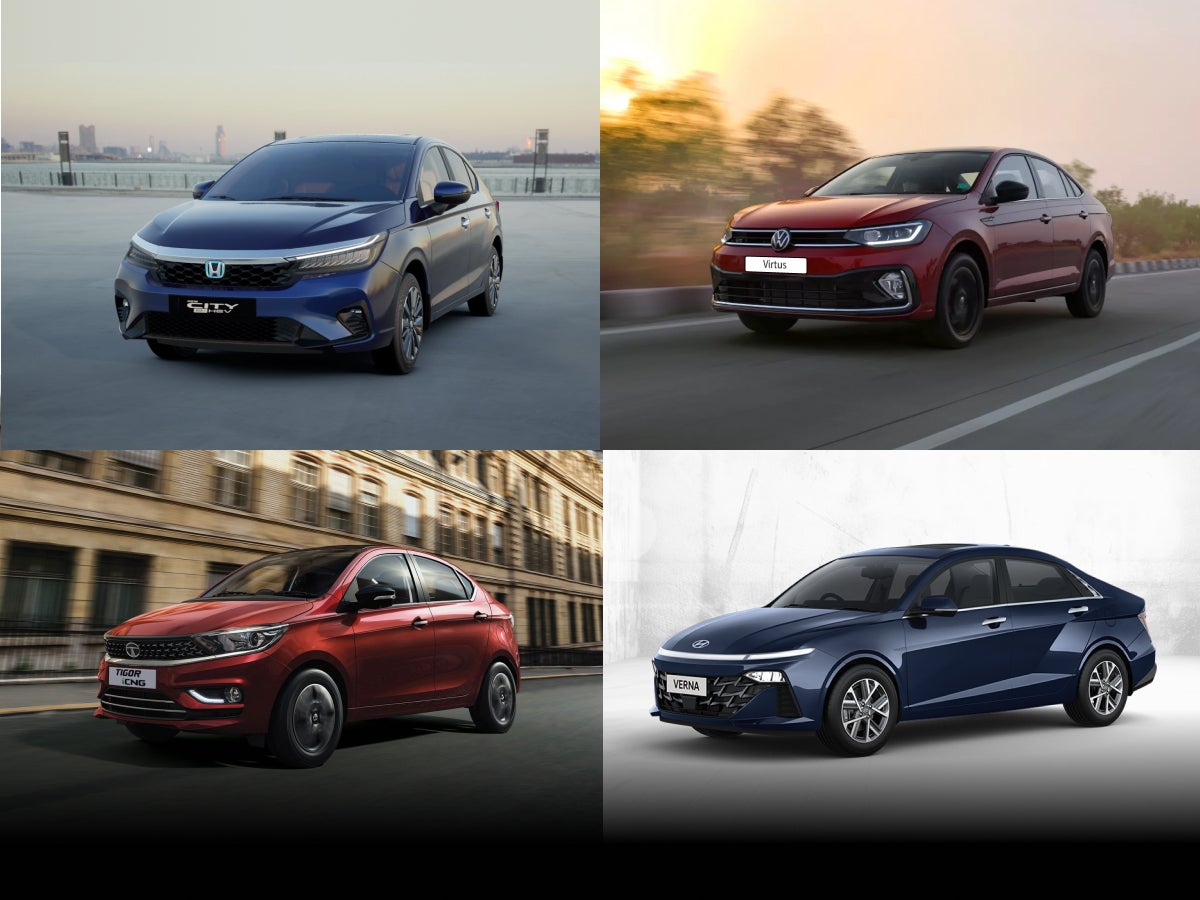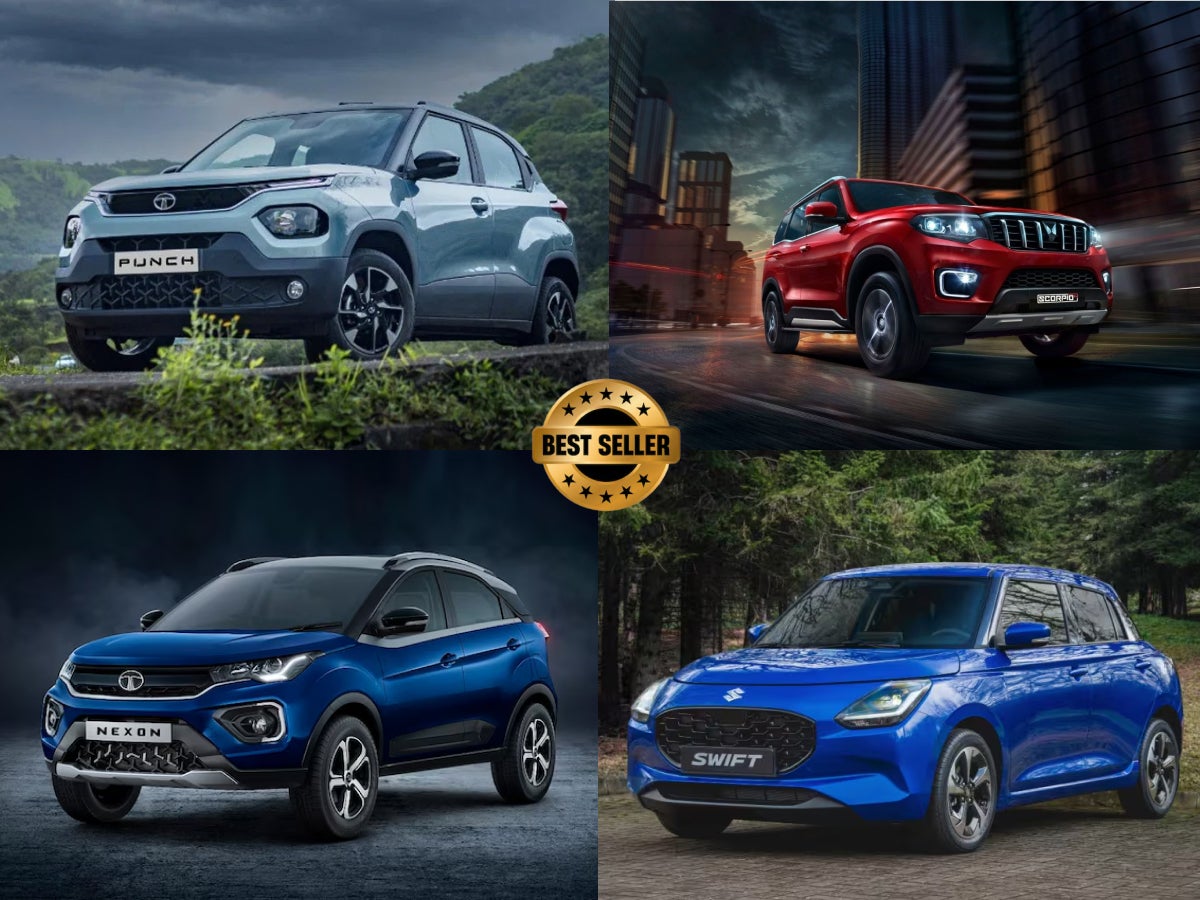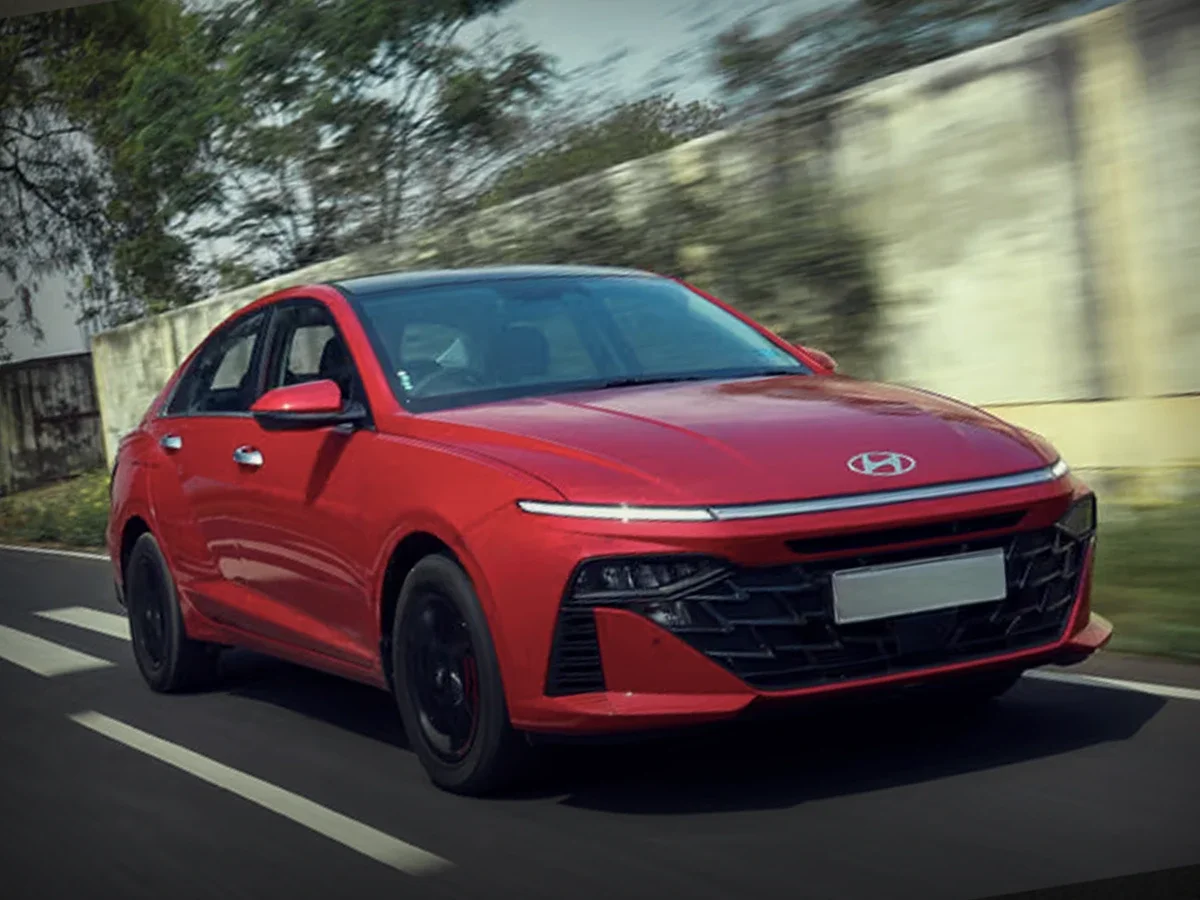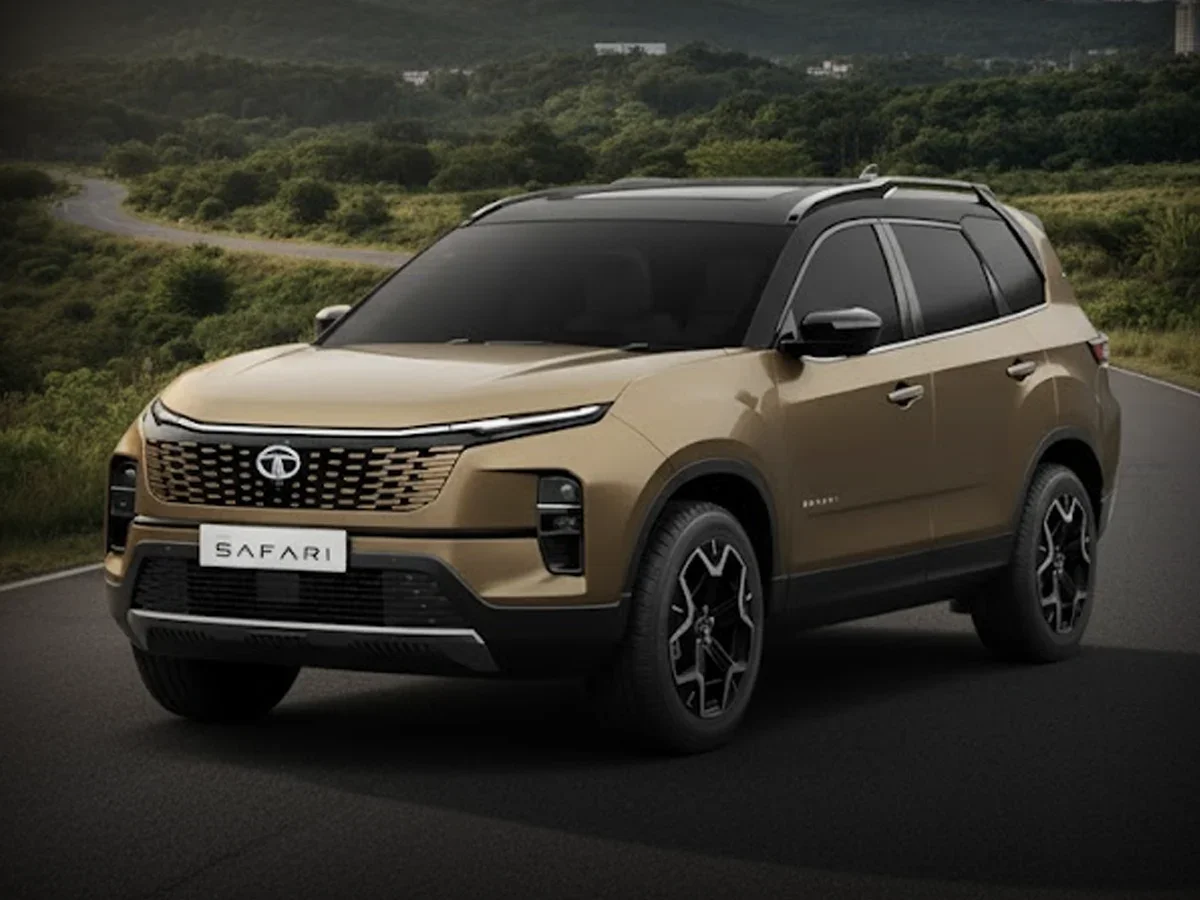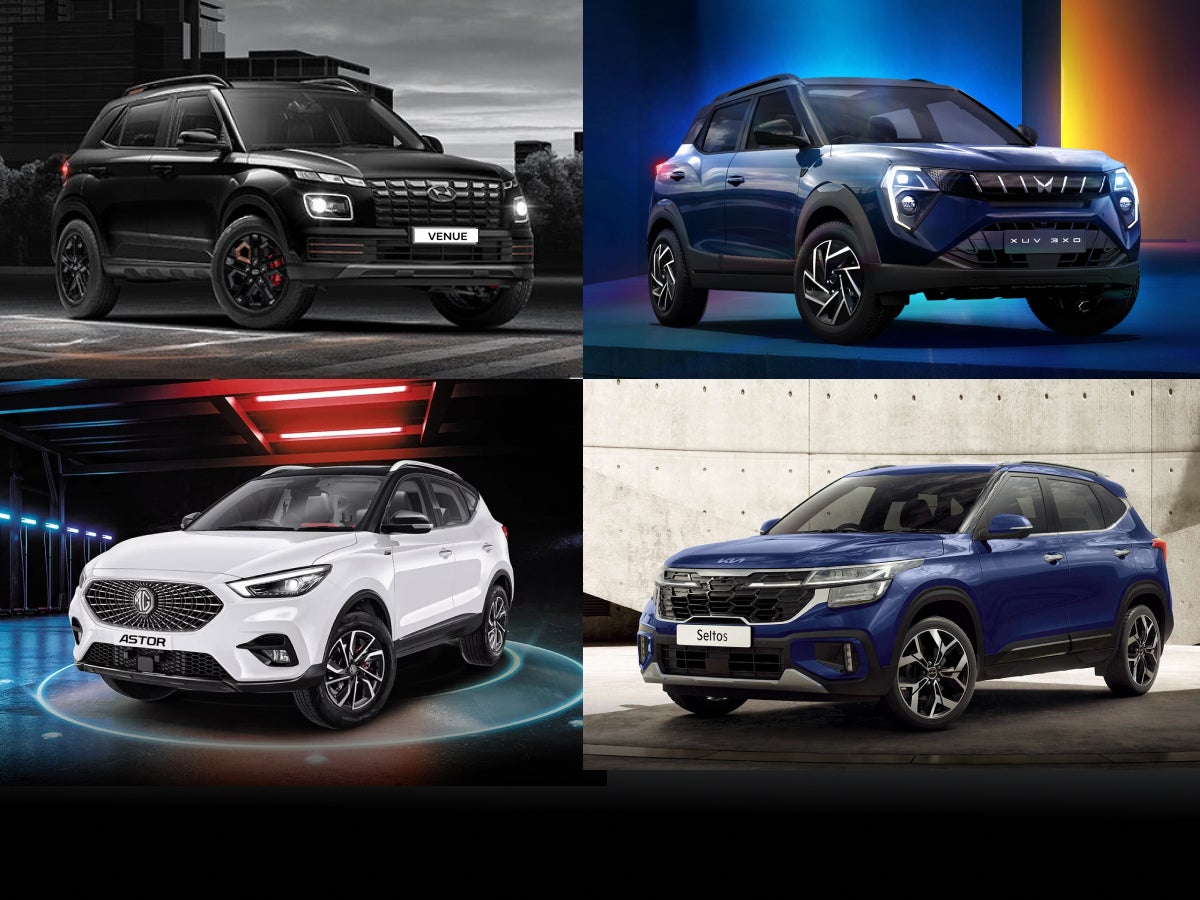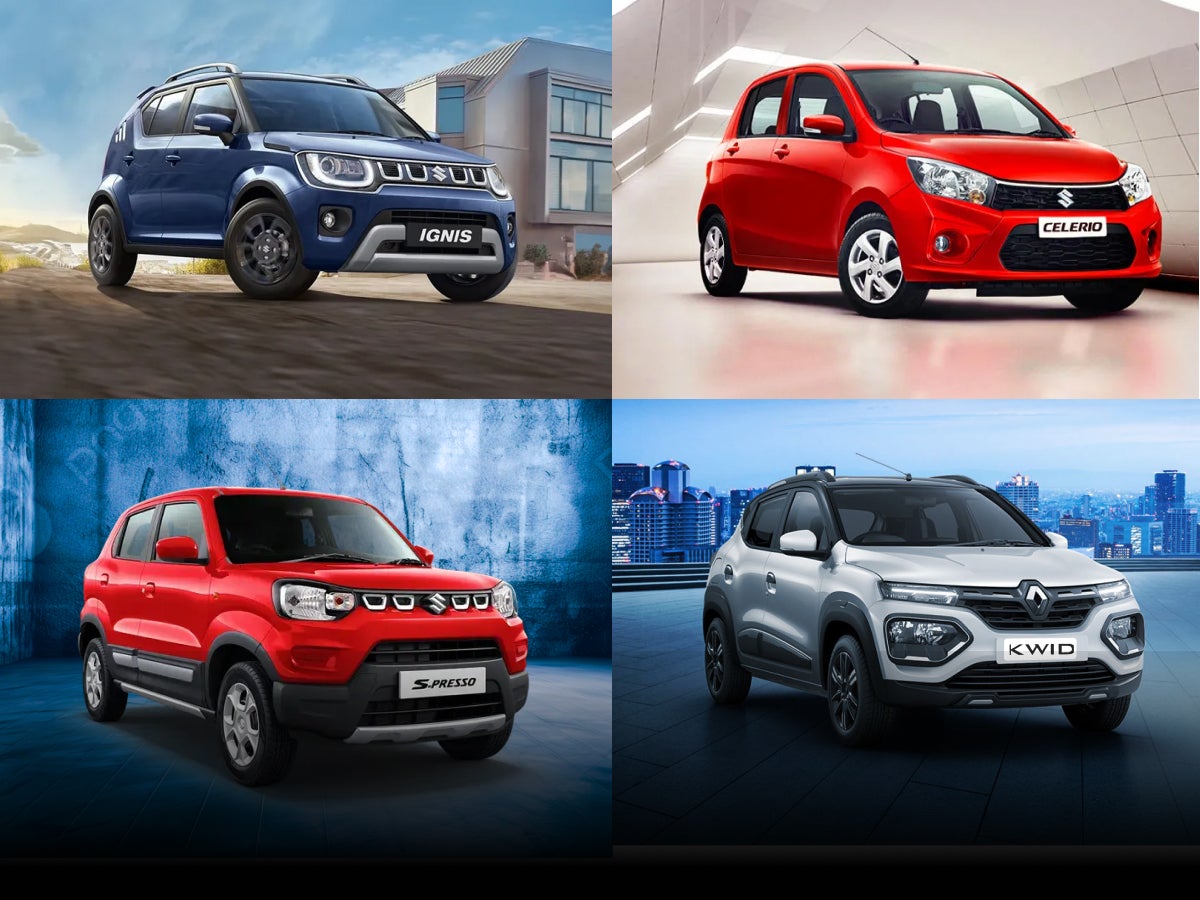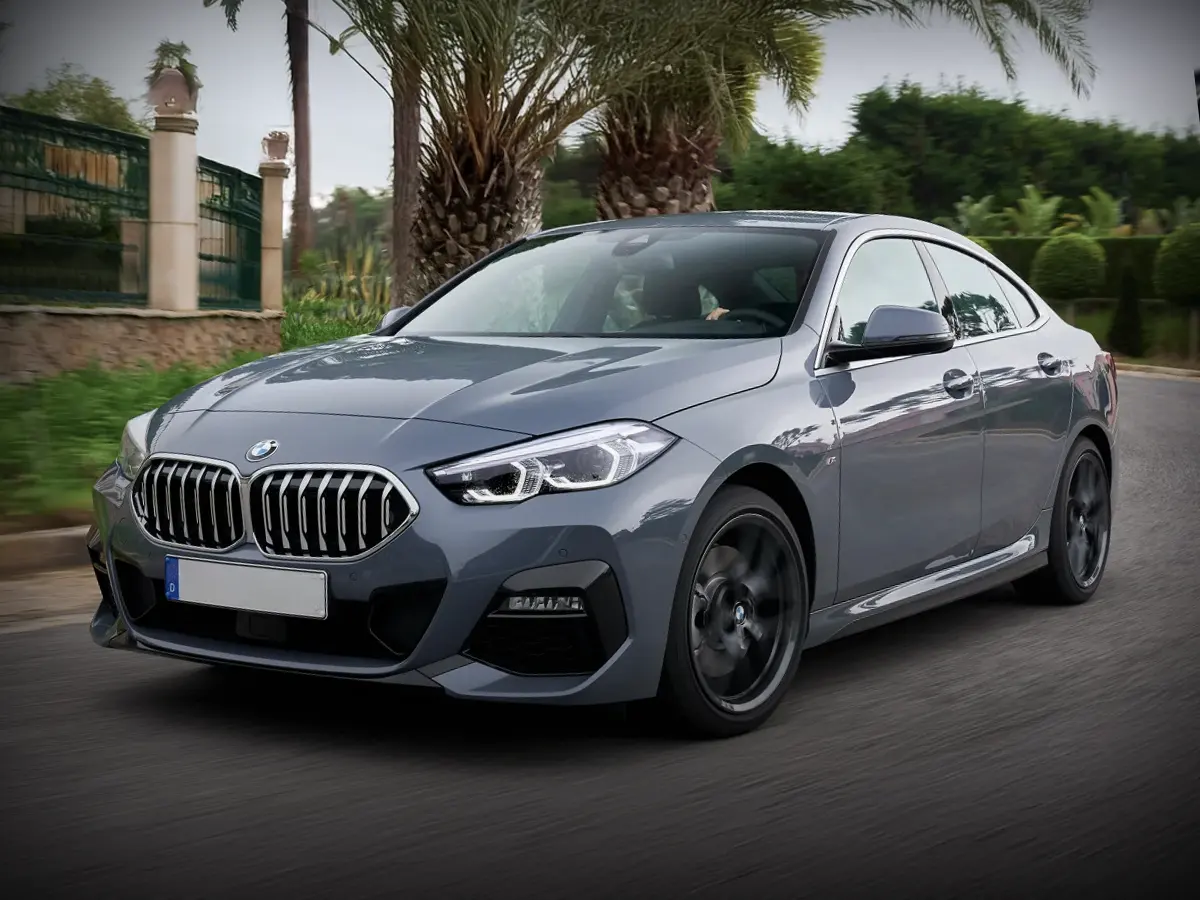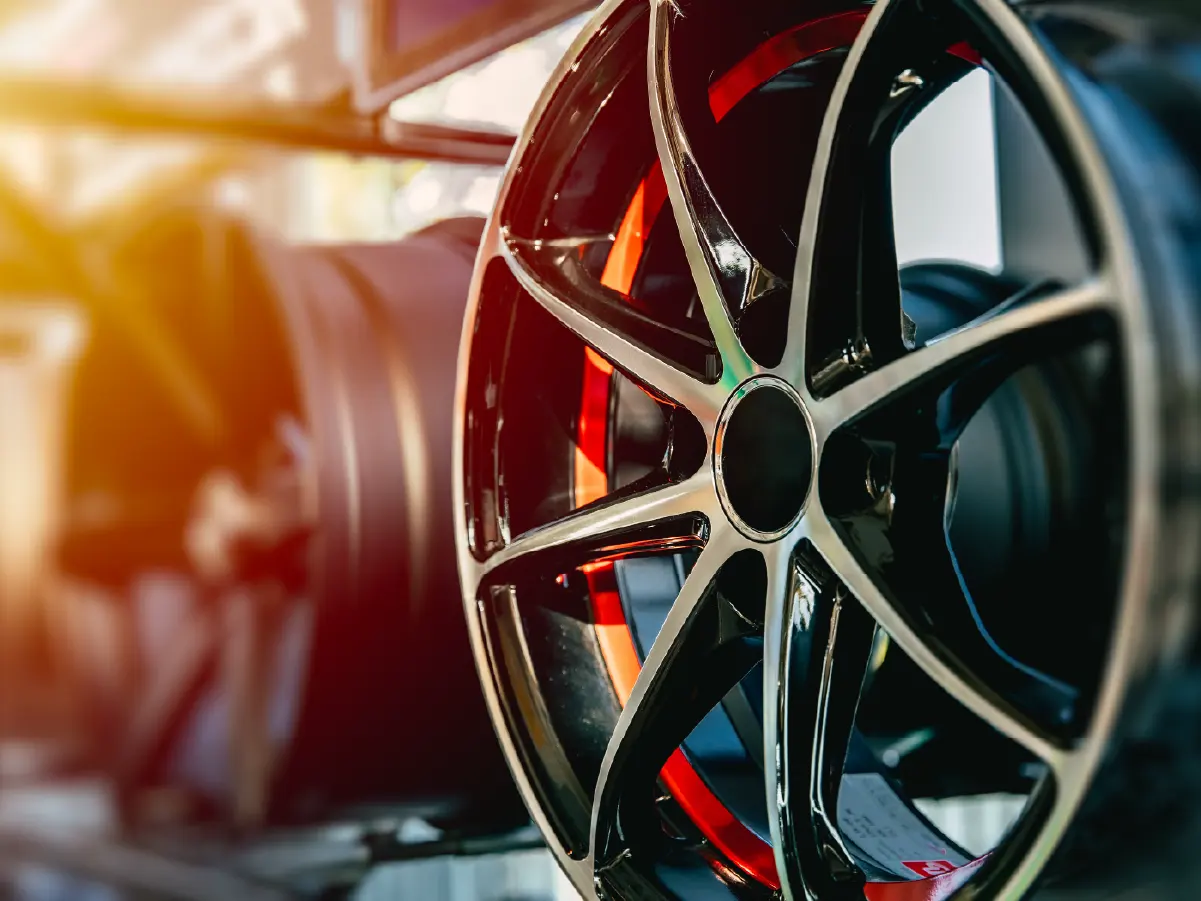

Alloy vs Steel Wheels in India: Which One Should You Choose
- 1Alloy wheels are lighter, stylish, and often seen on premium cars in India
- 2Steel wheels are stronger, cheaper, and better suited for rough Indian roads
- 3Choosing between alloy and steel wheels depends on your usage and budget
- What are Steel Wheels?
- What are Alloy Wheels?
- Alloy Wheels vs Steel Wheels: Advantages of Alloy Wheels
- Alloy Wheels vs Steel Wheels: Advantages of Steel Wheels
- Alloy Wheels vs Steel Wheels: Head-On Comparison
- Alloy Wheels in India: Are They Worth It?
- Steel Wheels in India: Where They Still Shine
- Alloy Wheels and Fuel Efficiency
- Resale Value: Alloy vs Steel Wheels
- Maintenance and Long-Term Ownership Costs
- Conclusion
When you're buying a car in India, you often look at fuel economy, features, and maybe the colour. But there's one crucial component many overlook—your car’s wheels. And we’re not just talking about size or brand here, but the actual material. The debate between alloy wheels and steel wheels isn’t new, but it still confuses many Indian car buyers.
On the surface, it might seem like a purely cosmetic choice. But once you dig deeper, you’ll see that it affects performance, durability, safety, and the right choice could even increase resale value. If you’re trying to decide between the two or just want to understand the difference, this article will break it all down for you in simple, clear terms—with no jargon.
What are Steel Wheels?

Steel wheels are made using pressed and welded steel sheets. They’ve been around for decades and continue to be used, especially in budget-friendly cars and commercial vehicles. Their biggest strength lies in their durability. Steel wheels can take abuse on pothole-filled Indian roads far better than most alternatives.
They're heavier than alloy wheels, which impacts performance slightly. But if you're someone who does a lot of rough driving or just wants low-maintenance, budget-friendly reliability, steel wheels do the job. In fact, many automakers still equip base variants with steel wheels because of how affordable and resilient they are.
What are Alloy Wheels?
Alloy wheels are made by combining metals like aluminium or magnesium, which makes them lighter and better looking than steel wheels. Because of their reduced weight, they improve handling, steering response, and sometimes even fuel economy.
You’ll find alloys mostly on mid-to-premium hatchbacks, sedans, and SUVs in India. They come in various designs and finishes, adding to the visual appeal of the car. But they aren’t just for show—they help with heat dissipation during long drives or spirited runs, which keeps your brakes cooler and more efficient.
Alloy Wheels vs Steel Wheels: Advantages of Alloy Wheels
One of the biggest benefits of alloys is their lightness. Because they’re less heavy, the overall unsprung mass of the car goes down, resulting in better cornering and acceleration. This is especially helpful in hilly areas or places with lots of stop-go traffic.
Another advantage is heat dissipation. In a hot country like India, where brake fade can be a concern during summer or hilly drives, alloy wheels help cool down your brakes faster. Finally, their stylish appearance gives your car a more premium feel. If you're someone who values aesthetics, alloys often seal the deal.
Alloy Wheels vs Steel Wheels: Advantages of Steel Wheels
Steel wheels are much more rugged than alloy wheels. If you live in an area with bad roads, constant potholes, or off-road driving, steel wheels are less likely to bend or crack. You can even hammer them back into shape if they get dented—a luxury you don’t have with alloys.
They’re also significantly cheaper to replace. So, if you're on a tight budget or driving a low-budget car that needs new shoes, steel wheels make more financial sense. Many Indian taxis and commercial vehicles continue to run steel wheels for this very reason—they get the job done, without any fuss.
Alloy Wheels vs Steel Wheels: Head-On Comparison
Before we go further, here’s a quick look at the main differences between alloys and steel wheels:
| Feature | Alloy Wheels | Steel Wheels |
| Weight | Lighter, improves fuel efficiency | Heavier, may reduce performance |
| Durability | More prone to cracks | Tougher, can take more abuse |
| Repairability | Difficult to repair if damaged | Easy to reshape and fix |
| Cost | More expensive | Much cheaper |
| Heat Dissipation | Better, helps cool brakes | Lesser, may heat up during use |
| Appearance | More stylish, premium appeal | Basic, utilitarian look |
| Usage preference | City drivers, enthusiasts, premium cars | Rural users, budget cars, taxis |
Alloy Wheels in India: Are They Worth It?

In India, alloys are becoming more common even in mid-range hatchbacks and sedans. They come standard on many top-end variants because manufacturers know customers value style and performance. If you're someone who frequently drives on highways, city roads, or values aesthetics, alloy wheels make perfect sense.
However, they can be expensive to repair or replace. So, if you park in tight spots, live in pothole-ridden areas, or want to avoid spending extra on cosmetic upkeep, alloys might not be ideal for you. It’s a trade-off between style and practicality.
Steel Wheels in India: Where They Still Shine
Steel wheels are still used widely in India, especially in Tier-2 and Tier-3 cities. Even in metros, you’ll find plenty of base-model cars with steel wheels. They’re practical for daily commuting, short highway runs, and even rough terrain.
If you're not concerned about looks and want the cheapest, most fuss-free solution for your car's tyres, steel wheels are unbeatable. You’ll also see them being used in spare tyres or emergency wheels, since they’re robust and reliable.
Alloy Wheels and Fuel Efficiency

A lesser-known benefit of alloy wheels is how they improve fuel efficiency. Because they weigh less, they reduce the amount of effort your engine needs to put in, especially during acceleration. Over time, this can lead to better mileage, particularly in city traffic.
That said, the improvement isn’t massive—don’t expect a jump of 5–6 kmpl. But for someone who tracks every drop of fuel, even a 0.5–1 kmpl improvement adds up. And for buyers in India, fuel savings are always welcome.
Resale Value: Alloy vs Steel Wheels

Cars with alloy wheels tend to fetch a higher valuation price on used cars in India. This is mostly because they are perceived as premium. Buyers often associate alloys with top-end variants or better maintenance. It’s more of a psychological advantage than a mechanical one.
Steel wheels won’t necessarily lower resale value, but they won’t add to it either. If you're planning to sell your car soon and want to make a strong impression, alloys might give you a slight edge.
Maintenance and Long-Term Ownership Costs
Alloys require a bit more care. Scratches and curb rash show up more prominently. If you drive through narrow lanes or park tight against footpaths, you may end up damaging them. Repainting or polishing them is possible, but it comes at a cost.
Steel wheels are more forgiving. A little dent won’t hurt performance, and even a badly bent rim can often be hammered back. They may rust over time, especially in coastal cities, but nothing a paint touch-up or wheel cap can’t solve.
Conclusion
So, should you go for alloy wheels or stick with steel wheels? The answer depends on how and where you drive. If you care about performance, looks, or plan to sell your car in a few years, alloy wheels make more sense. If you’re all about rugged reliability and keeping things budget-friendly, steel wheels are the way to go.
India offers both types depending on your use case, so don’t feel pressured by marketing or peer opinion. Choose based on your lifestyle, the roads you drive on, and how much you’re willing to spend on maintenance. Either way, both options have stood the test of time.
Frequently Asked Questions
Expand all